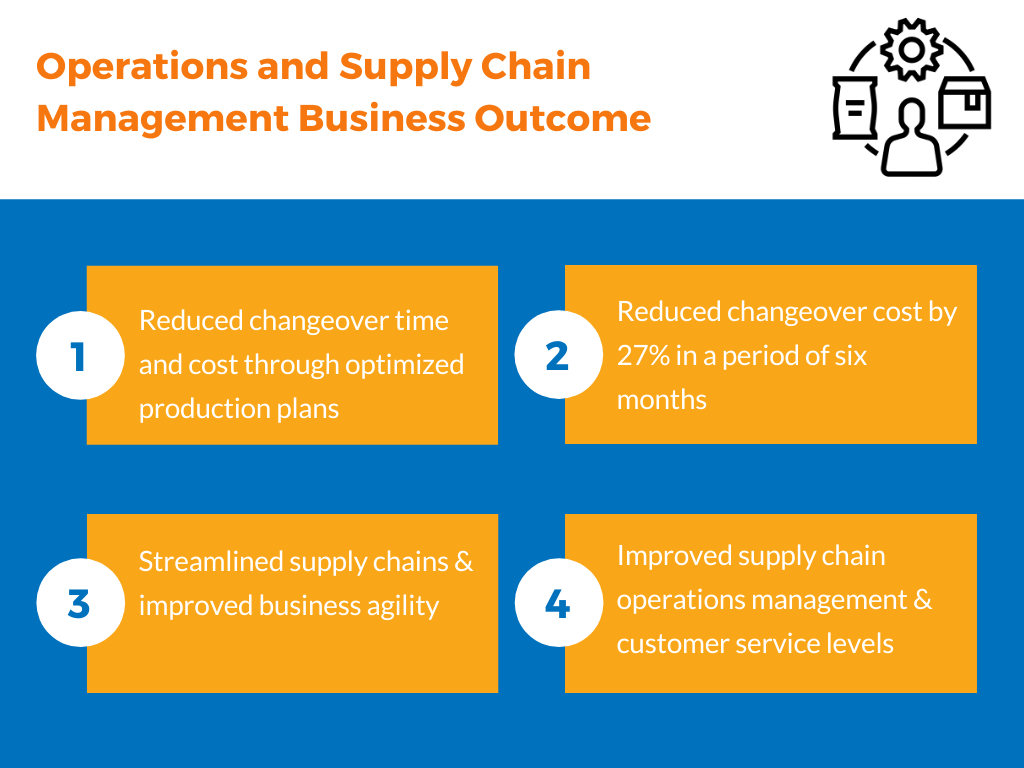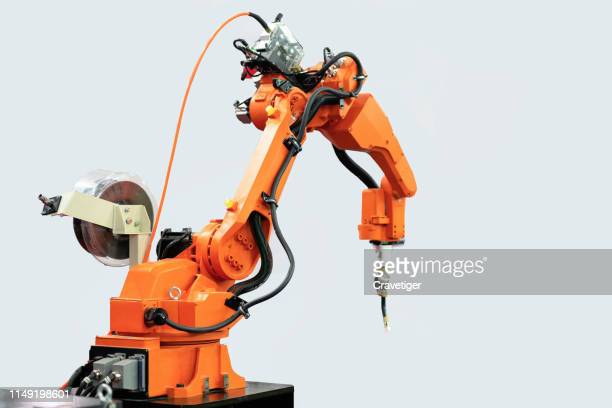
Houston has many opportunities for those who are interested in a career as a logistics professional. This industry offers many jobs including warehouse jobs, logistics coordinator jobs, and warehouse manager jobs. You can sign up for job alerts through email if your interest is in the logistics field.
Greater Houston: Interfaith ministries
Interfaith Ministries Greater Houston is a network of people from diverse faith traditions working together to improve Houston's neighborhoods. These organizations offer many services including meals for the homebound, refugee assistance, and volunteering. They also encourage interfaith relations, community partnerships, and promote interfaith relations. Interfaith Ministries Greater Houston aims to bring people of diverse faith traditions together, and build bridges for understanding.

The Church Welfare Bureau was established in 1955 to organize the Protestant community to serve the poor. In 1964, the organization reorganized as Protestant Charities and expanded to include the Jewish community. Houston Metropolitan Ministries, the charter organization of Interfaith Ministries Greater Houston, was founded in 1969. Interfaith Ministries serves the Houston area ever since.
Interfaith Ministries Greater Houston provides refugee services for refugees fleeing persecution. In Houston, the organization collaborates with Episcopal Migration Ministries (USA) and the U.S. State Department. The program helps clients to become self-sufficient, productive members of their community in six months. Each year, hundreds of refugees benefit from this program.
Logistics career opportunities
Careers in Houston logistics include positions with transportation companies, manufacturing firms, and third-party logistics companies. These positions may be within a domestic organization or an international one. These professionals typically earn more than the national average and have many opportunities for advancement. The demand for logistics professionals is high in consulting and government agencies. Students who have a degree in logistics can pursue many different career paths. The opportunities to advance in this field and the salaries available are endless.
Houston is an ideal place to start a career as a logistics professional. It is a great city to live in and work because of its growing economy. There are many major corporations in the area that offer great salaries. For those who are interested in international business, Houston logistics careers can be a great fit.

Job description
There are many opportunities available in Houston's logistics industry, whether you're looking to work full-time or part time. A career in logistics can be rewarding because there are so many local businesses. These positions include those in transport, manufacturing, and education. Logistics jobs offer great career opportunities and high-paying salaries, regardless of your background.
FAQ
What are the 4 types of manufacturing?
Manufacturing is the process of transforming raw materials into useful products using machines and processes. Manufacturing can include many activities such as designing and building, testing, packaging shipping, selling, servicing, and other related activities.
How can manufacturing reduce production bottlenecks?
You can avoid bottlenecks in production by making sure that everything runs smoothly throughout the production cycle, from the moment you receive an order to the moment the product is shipped.
This includes planning for both capacity requirements and quality control measures.
Continuous improvement techniques such Six Sigma can help you achieve this.
Six Sigma is a management system used to improve quality and reduce waste in every aspect of your organization.
It focuses on eliminating variation and creating consistency in your work.
What is the responsibility of a production planner?
Production planners ensure all aspects of the project are delivered within time and budget. They also ensure the quality of the product and service meets the client's requirements.
Statistics
- According to the United Nations Industrial Development Organization (UNIDO), China is the top manufacturer worldwide by 2019 output, producing 28.7% of the total global manufacturing output, followed by the United States, Japan, Germany, and India.[52][53] (en.wikipedia.org)
- According to a Statista study, U.S. businesses spent $1.63 trillion on logistics in 2019, moving goods from origin to end user through various supply chain network segments. (netsuite.com)
- [54][55] These are the top 50 countries by the total value of manufacturing output in US dollars for its noted year according to World Bank.[56] (en.wikipedia.org)
- (2:04) MTO is a production technique wherein products are customized according to customer specifications, and production only starts after an order is received. (oracle.com)
- Job #1 is delivering the ordered product according to specifications: color, size, brand, and quantity. (netsuite.com)
External Links
How To
How to Use Lean Manufacturing for the Production of Goods
Lean manufacturing is an approach to management that aims for efficiency and waste reduction. It was created in Japan by Taiichi Ohno during the 1970s and 80s. He received the Toyota Production System award (TPS), from Kanji Toyoda, founder of TPS. Michael L. Watkins published the original book on lean manufacturing, "The Machine That Changed the World," in 1990.
Lean manufacturing is often defined as a set of principles used to improve the quality, speed, and cost of products and services. It emphasizes reducing defects and eliminating waste throughout the value chain. Lean manufacturing is also known as just in time (JIT), zero defect total productive maintenance(TPM), and five-star (S). Lean manufacturing emphasizes reducing non-value-added activities like inspection, rework and waiting.
Lean manufacturing not only improves product quality but also reduces costs. Companies can also achieve their goals faster by reducing employee turnover. Lean manufacturing has been deemed one of the best ways to manage the entire value-chain, including customers, distributors as well retailers and employees. Lean manufacturing is widely used in many industries. For example, Toyota's philosophy underpins its success in automobiles, electronics, appliances, healthcare, chemical engineering, aerospace, paper, food, etc.
Five basic principles of Lean Manufacturing are included in lean manufacturing
-
Define Value: Identify the social value of your business and what sets you apart.
-
Reduce Waste - Eliminate any activity that doesn't add value along the supply chain.
-
Create Flow: Ensure that the work process flows without interruptions.
-
Standardize and simplify – Make processes as repeatable and consistent as possible.
-
Develop Relationships: Establish personal relationships both with internal and external stakeholders.
Lean manufacturing isn’t new, but it has seen a renewed interest since 2008 due to the global financial crisis. Many businesses have adopted lean manufacturing techniques to help them become more competitive. In fact, some economists believe that lean manufacturing will be an important factor in economic recovery.
Lean manufacturing is now becoming a common practice in the automotive industry, with many benefits. These include better customer satisfaction and lower inventory levels. They also result in lower operating costs.
The principles of lean manufacturing can be applied in almost any area of an organization. This is because it ensures efficiency and effectiveness in all stages of the value chain.
There are three types principally of lean manufacturing:
-
Just-in Time Manufacturing: This lean manufacturing method is commonly called "pull systems." JIT is a method in which components are assembled right at the moment of use, rather than being manufactured ahead of time. This approach is designed to reduce lead times and increase the availability of components. It also reduces inventory.
-
Zero Defects Manufacturing: ZDM ensures that no defective units leave the manufacturing plant. It is better to repair a part than have it removed from the production line if it needs to be fixed. This is true even for finished products that only require minor repairs prior to shipping.
-
Continuous Improvement (CI), also known as Continuous Improvement, aims at improving the efficiency of operations through continuous identification and improvement to minimize or eliminate waste. Continuous Improvement (CI) involves continuous improvement in processes, people, tools, and infrastructure.